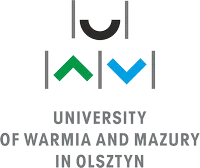Alas! A scientific man ought to have no wishes, no affections — a mere heart of stone.
Charles Darwin, in a letter to T.H. Huxley, 9 July 1857, More Letters of Charles Darwin, Francis Darwin and A.C. Seward, editors (1903) volume I, chapter II: "Evolution, 1844-1858", page 98.
